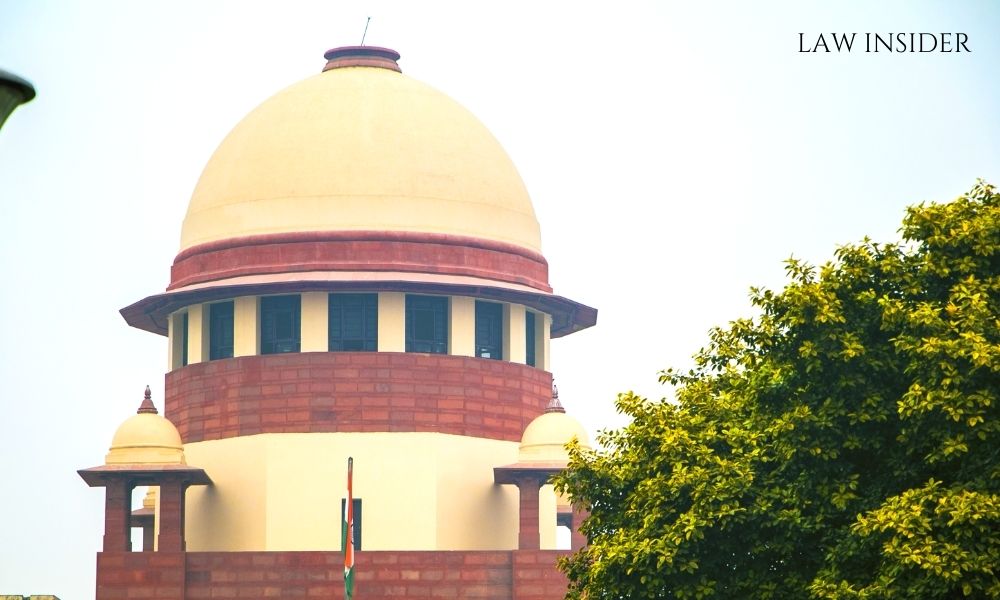LI Network
Published on: 5 August 2023 at 11:30 IST
The Supreme Court recently issued a notice for an open-court hearing of a curative petition that deals with a crucial question: whether an arbitration agreement in an insufficiently stamped lease deed can be invoked.
The case, titled Bhaskar Raju and Brothers and anr vs Dharmaratnakara Rai Bahadur Arcot Narainswamy Mudaliar Chattram & other Charities and ors, will be heard by a bench comprising Chief Justice of India DY Chandrachud and Justices Sanjay Kishan Kaul, Sanjiv Khanna, BR Gavai, and Surya Kant on August 24.
The matter arose from a review petition filed against a Karnataka High Court order, which the Supreme Court dismissed in July 2021.
The High Court had previously deemed a lease deed with an arbitration agreement between the parties as valid and had appointed an arbitrator.
However, a three-judge bench of the Supreme Court had set aside this decision in February 2020.
The background of the case involves a charitable trust (respondents) entering into a lease agreement with the appellants to develop a multi-purpose community hall, office complex, and renovate properties on their land.
The agreement, signed in 1996 for 38 years, included a clause for a security deposit of ₹55 lakh. In 2008, a suit was filed by the trust against the appellants, claiming that only ₹25 lakhs had been deposited and a samadhi on the property had been desecrated.
The appellants were also accused of attempting to file a fresh sale deed in collusion with some trust members.
During the suit proceedings, which began in 2008, the appellants invoked the arbitration clause in 2013 before the Karnataka High Court. Following a single judge’s orders, the Judicial Registrar stated that the document was a lease deed and not an agreement to lease.
The Registrar directed the appellants to pay a deficit stamp duty and a penalty of ₹1,01,56,388. However, the High Court later disregarded the Registrar’s findings and appointed an arbitrator.
In light of a recent Constitution Bench judgment, where the Supreme Court held that unstamped arbitration agreements are not valid in law, the current matter becomes significant.
The judgment was delivered with a 3:2 majority, with Justices KM Joseph, Ajay Rastogi, Aniruddha Bose, Hrishikesh Roy, and CT Ravikumar forming the bench.
Justices Joseph and Bose wrote the majority opinion, while Justices Rastogi and Roy dissented. They opined that unstamped arbitration agreements are valid at the pre-referral stage.
The Supreme Court will now consider whether the appointment of the arbitrator in the present case was justified in its curative jurisdiction.
This case holds importance, and it is expected that the court’s decision will clarify the issue and possibly affect arbitration cases in the future.
The Union Law Ministry has also taken note of the matter and constituted an expert committee to recommend reforms in the Arbitration and Conciliation Act, aiming to streamline arbitration law and reduce the need for judicial intervention in arbitration matters.
The committee is expected to present its recommendations within 30 days, starting from June 14.

